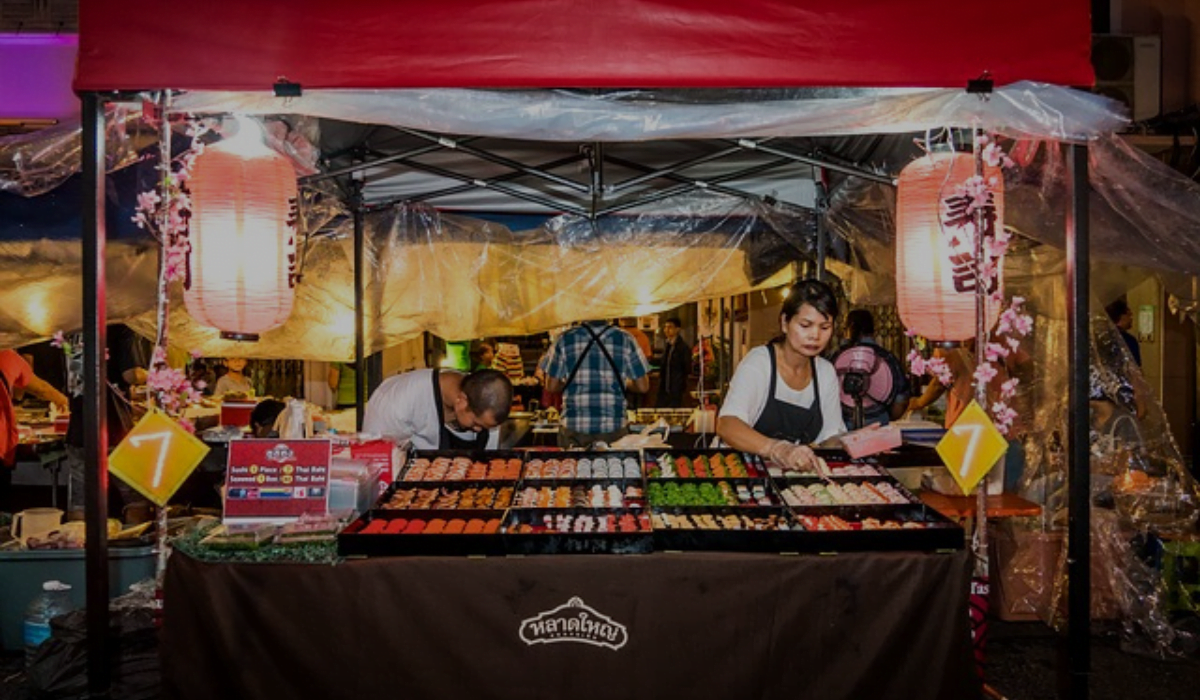Singapore is nominated to be one of Southeast Asia’s best destinations for foodies.
For that same reason, many “food-preneurs” worldwide are eyeing Singapore as the new strategic location to set up a food business in Singapore. Moreover, Singapore is renowned for its vibrant food scene and is an excellent destination for individuals aspiring to start a food business. However, like any other entrepreneurial food business in Singapore requires careful planning, compliance with regulations, and a thorough understanding of the local market. Starting a food business in Singapore is not all rainbows and unicorns. Hence, incorporating a food business in Singapore can be costly, the biggest challenge for startups with limited capital.
In this blog post, we will explore the first step in commencing a food business is to conceptualize and validate your idea. Hence this document will serve as a roadmap for your food business and help you secure financing.
Steps on How to Start Your food business in Singapore:

Let’s see the steps on how to set up your food business in Singapore.
1. Register Your Business:
Before launching your food business, you must register your company with the Accounting and Corporate Regulatory Authority (ACRA). Choose an appropriate business structure, like proprietorship, partnership, or private limited company, and register accordingly. Consult with a legal professional or business consultant to ensure compliance with Singapore’s regulations.
2. Obtain a Necessary License and Permit
You must obtain the necessary permits and licenses to operate a food business in Singapore. The first step is to acquire a food license from the Singapore Food Agency (SFA). The license can be procured online through the GoBusiness Licensing portal. Additionally, depending on the nature of your food business, you may need other permits, like liquor licenses or halal certifications. Consult the SFA and other relevant authorities to understand the specific requirements of your business.
3. Find a Suitable Location
Selecting the right location is essential for the success of your food business. Consider factors like foot traffic, accessibility, nearby competition, and rental costs when choosing a site. Food courts, hawker centers, shopping malls, and commercial buildings are popular choices for food businesses in Singapore.
4. Source suppliers and ingredients:
Establishing reliable suppliers and sourcing quality ingredients is crucial for maintaining consistency and delivering excellent food to your customers. Research and engage with local suppliers who can provide fresh and reliable ingredients at competitive prices.
5. Set up your Kitchen and Equipment
Invest in high-quality kitchen equipment and ensure that your food preparation area meets the required hygiene standards. Design an efficient workflow to optimize productivity and minimize the risk of contamination. Consider the space requirements for storage, cooking, food preparation, and washing areas.
6. Hire and Train Staff :
Recruit a team of skilled and passionate individuals who align with your business values. Provide comprehensive training to your staff to ensure that they understand your food business’s standards, procedures, and customer service expectations. Emphasize the importance of hygiene and food safety practices to maintain high-quality standards.
7. Develop a Marketing Strategy:
Effective marketing is essential for attracting customers to your food business. Develop an extensive marketing strategy that includes online and offline channels. Create an attractive website, establish a solid social media presence, engage in influencer marketing, and consider partnering with food delivery platforms.
8. Providing an Exceptional Customer Experience:
Providing an exceptional customer experience is vital for customer satisfaction and building a loyal customer base. Train your staff to deliver excellent service, and maintain a clean and hygiene ambiance. Encourage customer feedback and address any concerns promptly to maintain a positive reputation.
9. Implement food safety measures:
Maintaining food safety and hygiene is paramount when starting a food business in Singapore. Adhere to the guidelines set by the SFA and ensure that your food business complies with the necessary food safety regulations.Conduct regular inspections and audits to maintain high standards of cleanliness and safety.
10. Monitor Finances and Operational Efficiency:
Keep a close eye on your finances and monitor your business’s operational efficiency. Implement effective inventory management systems to minimize waste and control costs. Regularly review your pricing strategy and adjust it based on market conditions. Analyze sales data, track expenses, and identify areas for improvement to maximize profitability.
11. Stay Updated with Industry Trends
The food business in Singapore is constantly evolving, and staying updated with the latest trends is vital to remain competitive. Keep an eye on emerging food trends, new ingredients, and changing consumer preferences. Continuously innovate and adapt your menu to attract the customers.
12. Build Relationships And Collaborate:
Networking and building relationships within the food industry can open doors to collaborations, partnerships, and growth opportunities. Attend food industry events, join industry associations, and engage with other business owners to exchange ideas and experiences.
13. Seek Professional Guidance:
Starting a food business in Singapore can be complex, and seeking professional guidance can help streamline the process. Consult with experts in the food industry, like lawyers, accountants, or business consultants. They can provide valuable insights, guide you through the legal and financial aspects, and help you navigate challenges.
Conclusion
Starting a food business in Singapore offers exciting opportunities but requires careful planning, adherence to regulations, and a customer-centric approach. With dedication, passion, and strategic execution, your food business Singapore can thrive in the vibrant food scene of Singapore.
Also Read:

